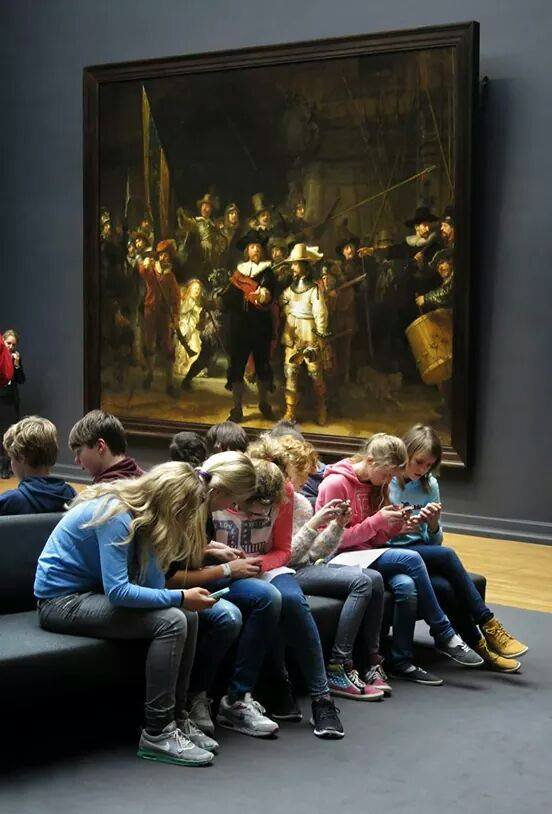
With the rise of social media and smartphone use, we are all reading fewer books than we once did. All, not just those pesky millennials. Some people are worried about what this means for the future of literature and, well, our brains. But is it true that we are really reading less? And should I care?
Above The Noise recently did a video in which Myles covers some of the research on reading.
I always appreciate it when a Youtuber or Journalist manages to discuss a topic without devolving into head-shaking admonishment, especially when it comes to the topic of reading and books. Too often these sorts of videos and articles cite bad research or buy into industry propaganda.
I’ve previously discussed the misrepresentations made about reading ebooks, the overstating of the benefits of reading – when there are some well-researched benefits documented – and even the way we write. And the Pew Research into reading was one of several references I’ve used in my discussion of Who Reads, something I cover quite a bit here.
And yet, there were still some things in the video that I hadn’t been aware of. So I think it is worth sharing. Enjoy.
From the video:
Reading has been an important part of the human experience for thousands of years, but believe it or not, that’s not a long time on the evolutionary timescale. Before the internet, it made sense to read long texts in a linear fashion, but that’s now changing as people are adapting to skimming shorter texts on their computers or phones. But what does this mean for the future of books?
What is literary reading?
Literary reading is, quite simply, the reading of any literature. This includes novels, short stories, poetry, and plays.
Are we reading less?
The rate at which Americans are reading literature for fun is down around 14% from the early 1980s. This doesn’t necessarily mean we are reading less, however. Many people still have to read for school or work. Then there are all the words, sentences, and messages we read on the internet from emails to texts to tweets. Some people believe that this means we are possibly reading more individual words than ever. It’s just being done in a different way. I’ve also discussed the decline of literature.
And this is changing our brains?
Some neuroscientists believe that scanning shorter texts the way we do on the internet, often jumping from hyperlink to hyperlink, is actually changing the wiring in our brains. We are becoming better at searching for key terms and scanning for information, but this means it can become more difficult to read a longer text all the way through without missing major points.
SOURCES:
Children, Teens, and Reading
The long, steady decline of literary reading
Who doesn’t read books in America?
Serious reading takes a hit from online scanning and skimming, researchers say


